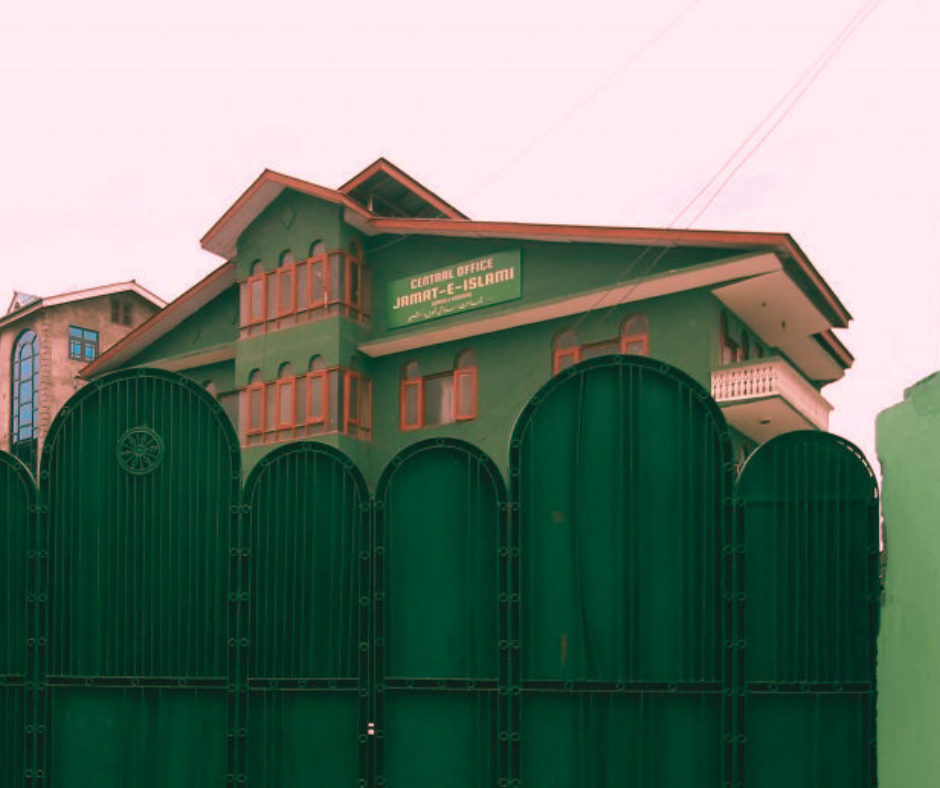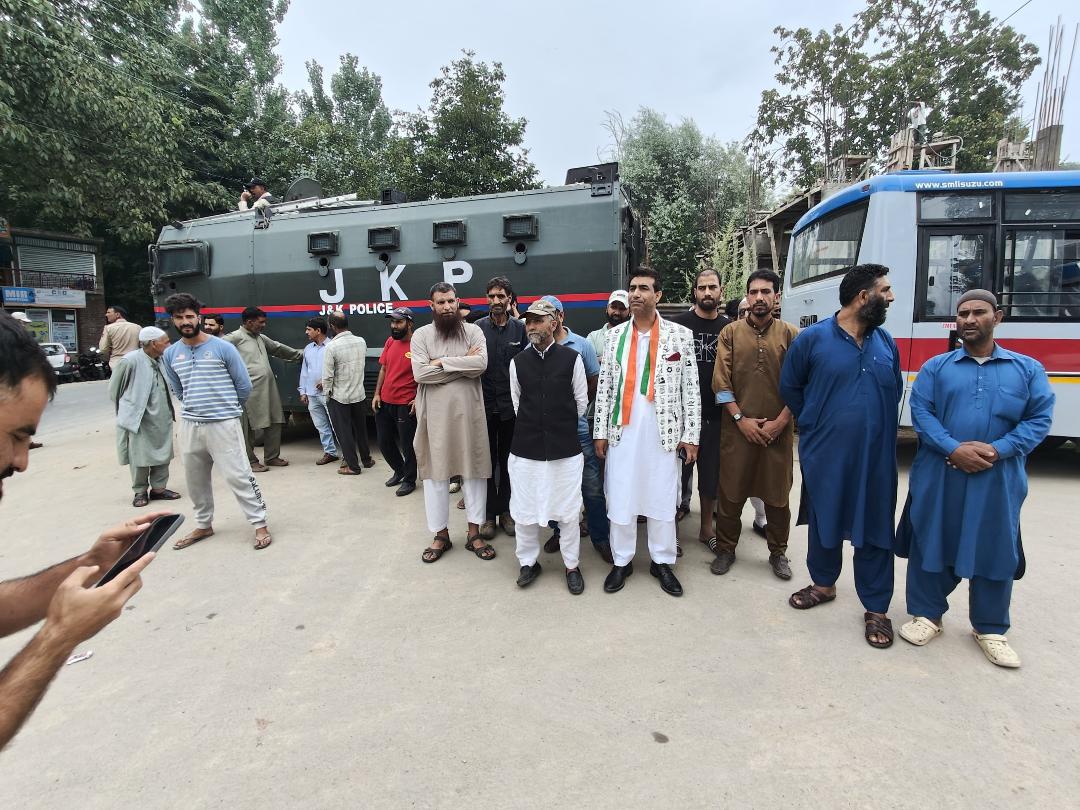Kashmir is grappling with a troubling surge in suicide rates, particularly among women. While the administration’s initiative to install fences on vulnerable bridges in Srinagar’s Qammarwari area is well-intentioned, it only scratches the surface of the issue. To truly address this crisis, a comprehensive mental health support system is imperative.
Understanding the Underlying Issues
The rising suicide rates are indicative of deeper, systemic problems such as prolonged conflict, economic instability, unemployment, social isolation, and the stigma surrounding mental health. Women, in particular, face heightened pressures from societal expectations and limited opportunities, exacerbating their mental health struggles.
Beyond Physical Barriers
While fencing bridges might prevent immediate acts of suicide, it doesn’t address the emotional and psychological wounds that lead individuals to such desperate measures. A multifaceted approach to mental health support is crucial, including:
- Public Awareness: Initiating campaigns to reduce stigma and encourage seeking help for mental health issues.
- Access to Services: Expanding the availability of mental health services and integrating them into primary healthcare systems.
- School and Community Programs: Implementing educational programs that teach coping skills and provide emotional support.
- Support Networks: Establishing peer support groups and community helplines to offer continuous assistance.
- Crisis Intervention: Forming dedicated teams for immediate crisis support and long-term care.
- Policy Advocacy: Pushing for policies that prioritize mental health and allocate necessary resources.
Conclusion
While the administration’s efforts to fence bridges in Srinagar are commendable, they are not sufficient to resolve the suicide crisis in Kashmir. A holistic approach that prioritizes mental health support is essential. By working together and focusing on comprehensive mental health care, we can create a safer, more supportive environment for everyone in Kashmir.




